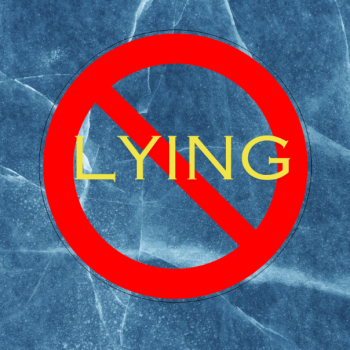Religion and American Exceptionalism is an edited volume which collects a set of insightful articles from a special issue published by The Review of Faith & International Affairs (Summer 2012). In these articles, scholars and academic pundits discuss and elaborate on the concept of American exceptionalism – that is, a story aboutthe American way of life and a narrative which illustrates who Americans are and where Americans come from. In this book, in addition to tracing the history and discursive origins of American exceptionalism, the authors also illustrate how this exceptional worldview has affected contemporary U.S. politics and the practices of American foreign policy.
The exceptionalist rhetoric of the United States as a ‘city upon a hill,’ according to Noll (ch. 2), can be traced to John Winthrop’s speech in 1630, ‘A Model of Christian Charity’, in which the first Governor of the Massachusetts Bay Colony called for a Puritan vision of the world to be established in the new continent. Hoover (ch. 1) indicates that Alexis de Tocqueville’s two-volume Democracy in America (1835, 1840) is broadly cited when referring to the particular idea of American exceptionalism. Tocqueville’s interpretation of the United States as an ‘exception’ which distinguished itself from other European countries (also understood as the Old World) is arguably the best known of all the ‘foreign traveller’ works about the American way of life. However, in contrast to the orthodox understanding of Winthrop’s exceptional legacy, Seiple (ch. 3) argues that Roger Williams’ colony of Rhode Island actually best exemplified the essence of American exceptionalism as evidenced by every citizen’s liberty of conscience, given by God and protected and promoted by the state. Over the course of 27 years (from 1636 to 1663), Roger Williams established America’s enduring exceptionalism from the ‘bottom-up’ (grassroots) to socialise the idea of religious freedom among citizens, and from the ‘top-down’ (government) to institutionalise that idea in the law (Ibid.: 13). Seiple argues that religious freedom
“is integral to an American experience that does not merely tolerate and assimilate different religious identities. It celebrates and integrates them while maintaining the essence of their identity and encouraging all to exercise that identity peaceably in the public square” (p. 16)
Seiple emphasises and asserts that religious freedom is particularly important when discussing the concept of American exceptionalism. In the United States, religious freedom should not be a bipartisan issue; rather, it should be a nonpartisan issue because pursuing such liberty is a permanent U.S. national interest.
Read the rest here















